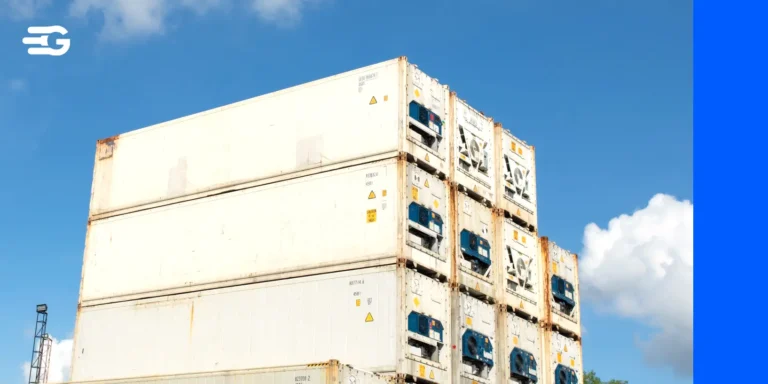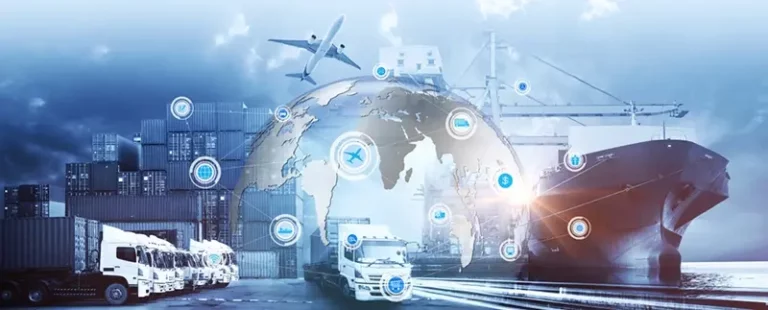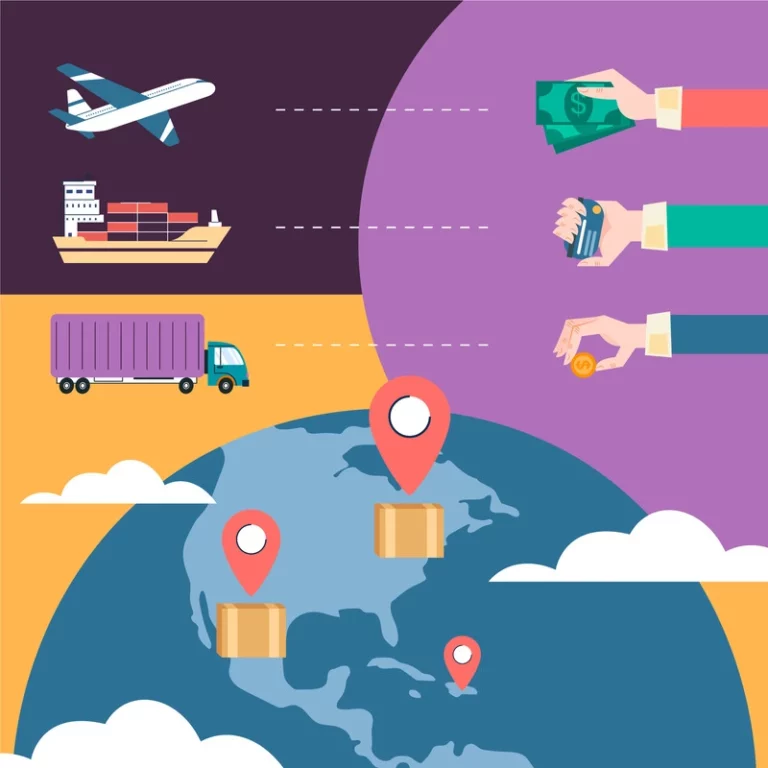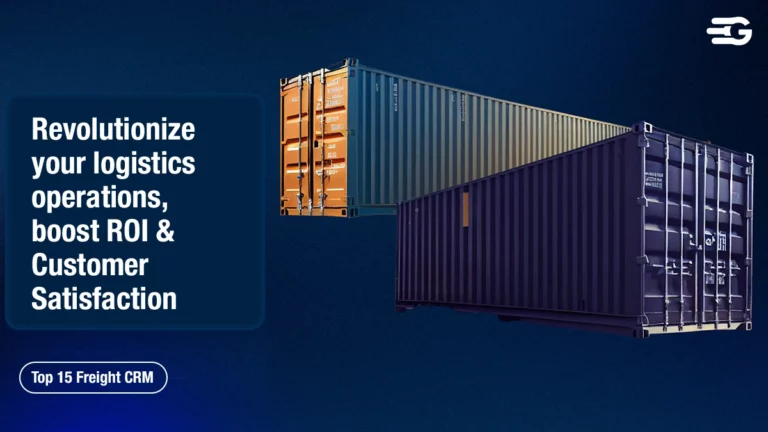Managed Transportation: The Ultimate Guide to Optimizing Your Supply Chain
Table of Contents
Managed transportation takes the hassle out of freight management. Instead of juggling shipments, carriers, and delays, businesses hand it over to transportation management companies for better efficiency, lower costs, and real-time tracking.
With shipping costs soaring and supply chains under pressure, managed transportation services use AI, automation, and data-driven insights to keep things moving smoothly. This guide breaks down what it is, why it matters, and how it optimizes logistics across industries.
What is Managed Transportation?
Managed transportation is a comprehensive logistics service where a third-party provider takes full responsibility for managing a company’s transportation and supply chain operations. This approach involves strategic planning, carrier selection, route optimization, and technology integration to streamline logistics processes.
By outsourcing these complex logistics functions, businesses can significantly reduce transportation costs and improve operational efficiency. The service allows companies to focus on their core competencies while leveraging the expertise, advanced technologies, and network of specialized logistics professionals who continuously monitor and enhance the transportation strategy.
Why is Managed Transportation Essential for Modern Logistics?
Supply chains are not what they used to be. Shipping costs are rising, customer demands are increasing, and regulations keep changing. Managing it all in-house takes time, resources, and expertise. That is where managed transportation comes in.
With smart automation and data-driven decision-making, these services:
- Find the best carriers at the best rates
- Automate manual tasks, saving time and reducing errors
- Provide real-time shipment tracking for full visibility
- Ensure compliance with industry regulations, avoiding penalties
- Improve risk management, handling disruptions like delays or carrier issues
For businesses, this means fewer delays, lower costs, and better supply chain control. It is like putting your logistics on autopilot, only smarter.
Key Benefits of Managed Transportation Services
Managing logistics on your own can be costly and stressful. Managed transportation takes the burden off your hands, helping you cut costs, boost efficiency, and track shipments more effectively. With AI, automation, and real-time tracking, you can stay ahead of delays and keep things running smoothly.
Cost Reduction and Operational Efficiency
Shipping costs can skyrocket. Managed transportation lowers these costs by optimizing routes, negotiating better rates, and reducing empty miles. Automation cuts down on errors and saves time, so shipments move faster and cheaper. Studies show that businesses implementing managed transportation services can save 2% to 10% of their transportation expenditures.
With smarter carrier selection and faster processing, you spend less and move shipments more efficiently. The managed transportation services market is projected to reach $25.72 billion by 2028, growing at a compound annual growth rate (CAGR) of 18.5%.
Enhanced Supply Chain Visibility with Real-Time Tracking
Not knowing where your shipments are can cause major headaches. With real-time tracking, you’ll have full visibility of your supply chain, allowing you to monitor cargo, predict delays, and reroute when necessary. Alerts help you tackle issues before they become problems, leading to fewer delays and more on-time deliveries.
Risk Management and Compliance Optimization
Regulations keep changing, and non-compliance can be costly. Transportation Management Systems make sure your shipments meet industry standards. They also handle unexpected issues like weather disruptions, port congestion, and carrier failures. This reduces risks and keeps everything moving without unnecessary delays.
Leveraging AI and Automation for Smarter Logistics
AI analyzes past shipments, predicts demand, and picks the best carriers. Automation takes care of repetitive tasks like invoicing and scheduling, so your team can focus on bigger-picture decisions. This speeds up processes, cuts down on mistakes, and makes your supply chain more efficient.
Core Components of an Effective Managed Transportation Strategy
A strong managed transportation strategy isn’t just about moving shipments. It’s about using data, automation, and smart planning to optimize every step. From choosing the right carriers to handling disruptions, each part plays a role in reducing costs and improving efficiency.
Data-Driven Transportation Planning and Optimization
Shipping without a strategy leads to wasted time and money. Analyzing shipping trends and performance data helps companies optimize routes, reduce costs, and improve efficiency. With data-driven planning, businesses can anticipate demand, avoid delays, and make smarter logistics decisions.
Carrier and Freight Management
Choosing the right carriers is crucial. Managed transportation services take care of carrier selection, contract negotiations, and performance tracking. This means better rates, more reliable shipments, and fewer service disruptions.
Real-Time Shipment Tracking and Exception Handling
Delays are inevitable, but how they’re managed makes all the difference. Real-time tracking tools provide full visibility, while exception management systems flag potential disruptions. This allows businesses to adjust quickly, minimize delays, and keep shipments on schedule.
Performance Analytics, Reporting, and Continuous Improvement
You can’t improve what you don’t measure. Detailed reports track key logistics metrics, highlight inefficiencies, and provide insights for long-term improvements. Businesses that continuously analyze performance can fine-tune operations, cut costs, and stay ahead of challenges.
Industry-Specific Use Cases of Managed Transportation
Different industries have different logistics challenges. Managed transportation helps businesses cut costs, improve efficiency, and stay compliant. Here’s how it works across key sectors:
Retail and E-Commerce
Retailers need fast, reliable deliveries to keep customers happy. Managed transportation optimizes last-mile delivery, reducing delays and improving order accuracy. With better route planning and carrier selection, companies cut costs and speed up shipments.
Consumer Packaged Goods (CPG)
CPG companies handle large shipment volumes and strict delivery schedules. Managed transportation streamlines distribution, preventing stockouts and reducing freight costs. Automated tracking ensures real-time visibility, so businesses stay on top of inventory flow.
Automotive Industry
Car manufacturers rely on just-in-time inventory to keep production moving. Delayed parts can halt assembly lines, costing millions. Managed transportation keeps shipments on schedule, reducing downtime and ensuring smooth supply chain operations.
Pharmaceutical and Chemical Logistics
Strict regulations make compliance a challenge in these industries. Managed transportation ensures safe, legal transport of sensitive products. Real-time monitoring helps prevent temperature deviations and delivery delays. This reduces risk and protects product integrity.
Managed transportation isn’t just about moving goods. It’s about smarter logistics, lower costs, and fewer disruptions.
Essential Insights for a Successful Managed Transportation Implementation
Getting managed transportation right means making smart choices from the start. Here’s what businesses need to focus on:
- Choose the Right Provider: Not all providers are the same. Look for industry expertise, strong technology capabilities, and a track record of cost savings and efficiency improvements.
- Leverage Automation and AI: Manual processes slow things down. AI-powered tools help optimize routes, predict demand, and cut unnecessary costs. Automation speeds up booking, tracking, and exception handling.
- Monitor Performance Regularly: Managed transportation isn’t a “set it and forget it” solution. Use real-time analytics and performance reports to identify bottlenecks, cost drivers, and areas for improvement.
- Ensure Seamless Integration: Your managed transportation system should sync with existing supply chain platforms like ERP and warehouse management systems. Smooth integration means faster decision-making and better visibility across operations.
Success in transport management isn’t just about outsourcing. It’s about making data-driven, strategic improvements that keep supply chains running at peak efficiency.
Final Words
Managed transportation isn’t just about outsourcing. It’s about working smarter. Businesses can cut costs, improve efficiency, and gain full control over their supply chains.
With AI-driven insights, real-time tracking, and automation, companies can eliminate inefficiencies, reduce delays, and stay ahead in an unpredictable market. In a time when every shipment and cost-saving measure matters, managed transportation offers a clear path to a stronger, more resilient supply chain.ble market. In a time when every shipment and cost-saving measure matters, managed transportation offers a clear path to a stronger, more resilient supply chain.






